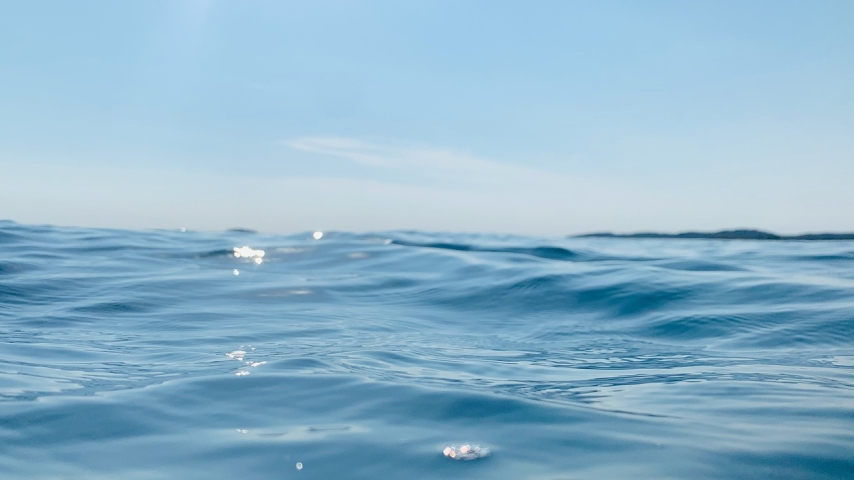
Record-Breaking Sea Surface Temperatures
In a concerning development, the Mediterranean Sea has reached an unprecedented sea surface temperature of 28.9°C, surpassing the previous record set in the summer of 2023. This new high not only eclipses the historic maximum of 28.25°C from 2003 but also signifies a troubling trend of escalating marine heat.
The latest report from Spain’s premier marine sciences institute indicates that on August 15, 2024, temperatures reached as high as 31.96°C along the Egyptian coast at El-Arish. This marks a significant anomaly compared to typical summer temperatures in the region. Earlier in August, Météo-France recorded sea surface temperatures between Nice and Calvi exceeding 30°C, which is about 4°C above the seasonal average.
Implications and Expert Insights
Jean-Pierre Gattuso, a CNRS Research Director at the Villefranche-sur-Mer Oceanography Laboratory, highlights the seriousness of these temperature increases. Gattuso, a contributor to the IPCC’s climate change reports, warns that such extreme marine heatwaves were anticipated due to continuous greenhouse gas emissions. The IPCC’s projections indicate that marine heatwaves could become 50 times more frequent if emission rates remain unchanged.
The United Nations Environment Programme further underscores the urgency of the situation, revealing that the Mediterranean region is warming at a pace 20% faster than the global average. Projections suggest that by 2100, the temperature of Mediterranean waters could increase by between 1.8°C and 3.5°C. This alarming rise is expected to affect not only marine biodiversity but also coastal economies and communities.
These developments underscore the pressing need for enhanced climate action and adaptation strategies to address the escalating challenges posed by global warming and its impact on marine environments.

